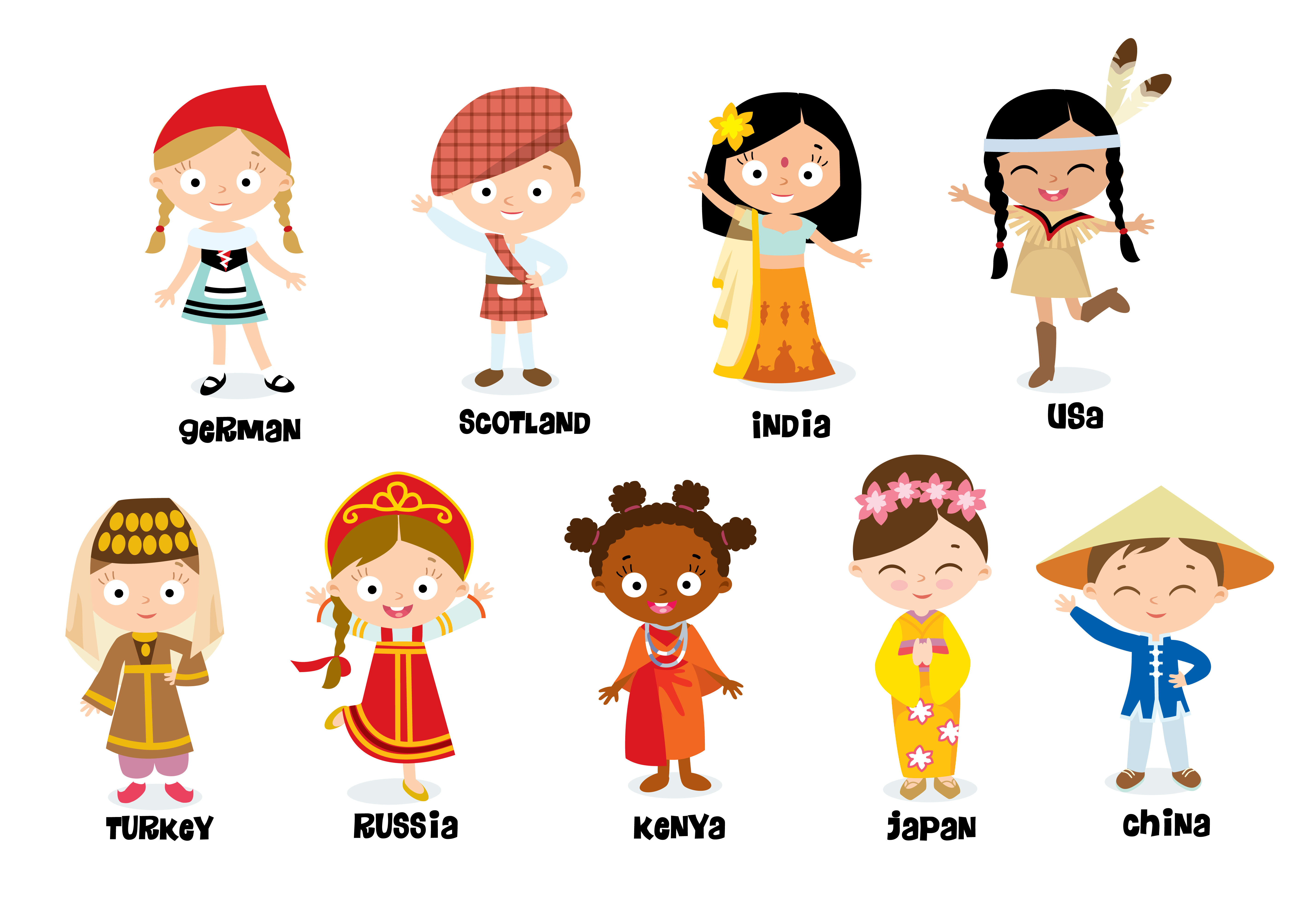Mathematical thinking Math Worksheets for Ages 5-7
7 filtered results
-
From - To
Foster your child's analytical skills with our "Mathematical Thinking Math Worksheets for Ages 5-7" from Kids Academy. Specifically designed to develop young minds, these printable worksheets focus on foundational math concepts through engaging and interactive exercises. Our worksheets cover essential topics like patterns, problem-solving, shapes, measurement, and logical reasoning, tailored for kindergarten and first-grade students. With fun activities and colorful designs, these resources make learning math enjoyable and effective. Perfect for classroom use or at-home learning, they help build the crucial skills your child needs for future academic success. Start exploring today and watch your child’s confidence soar!
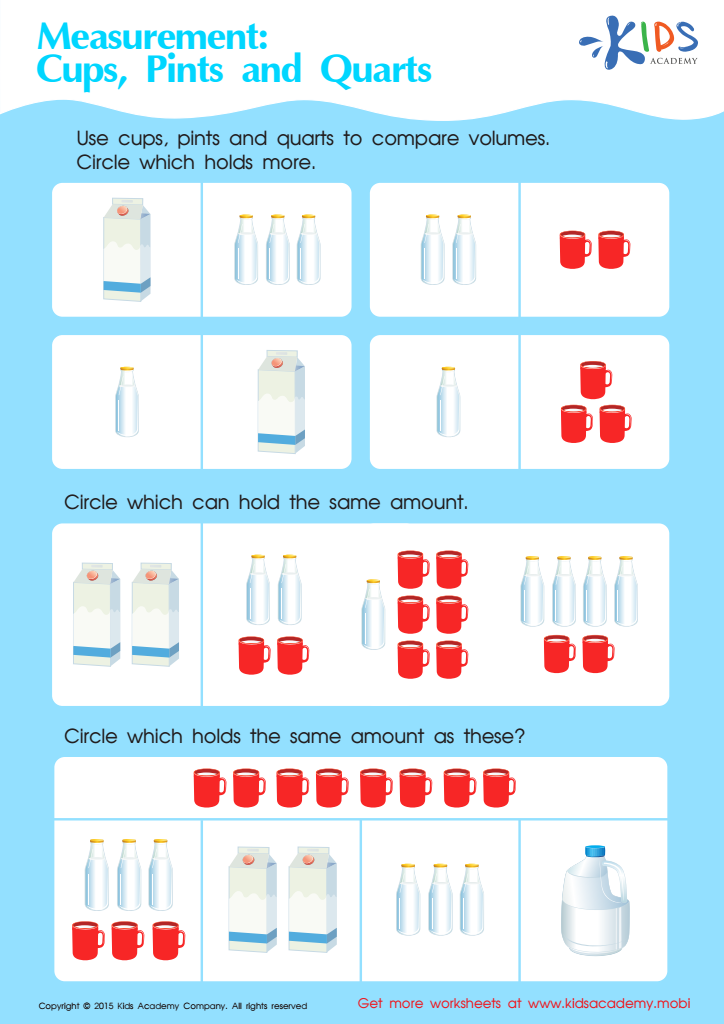

Measurement: Compare Volumes Worksheet
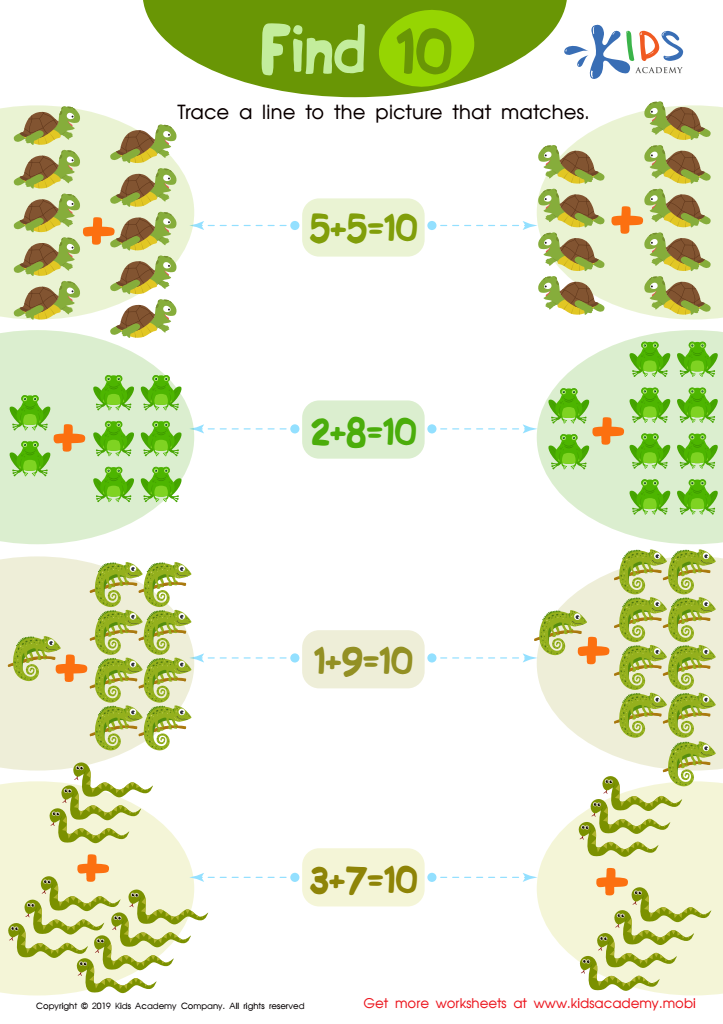

Find 10 Worksheet
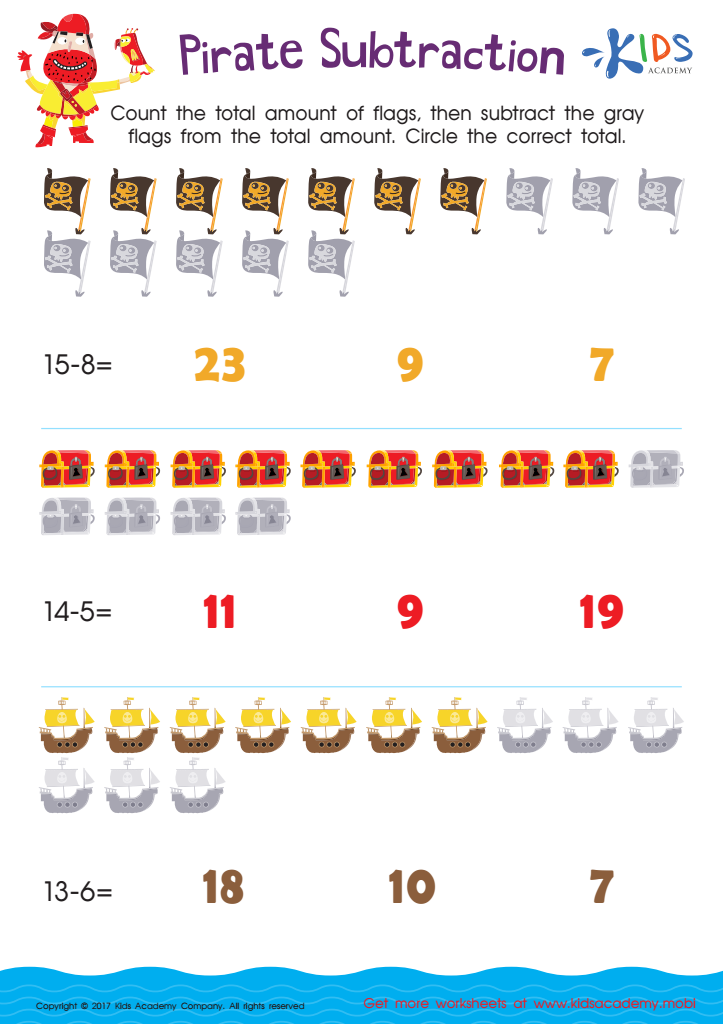

Pirate Subtraction Substraction Worksheet
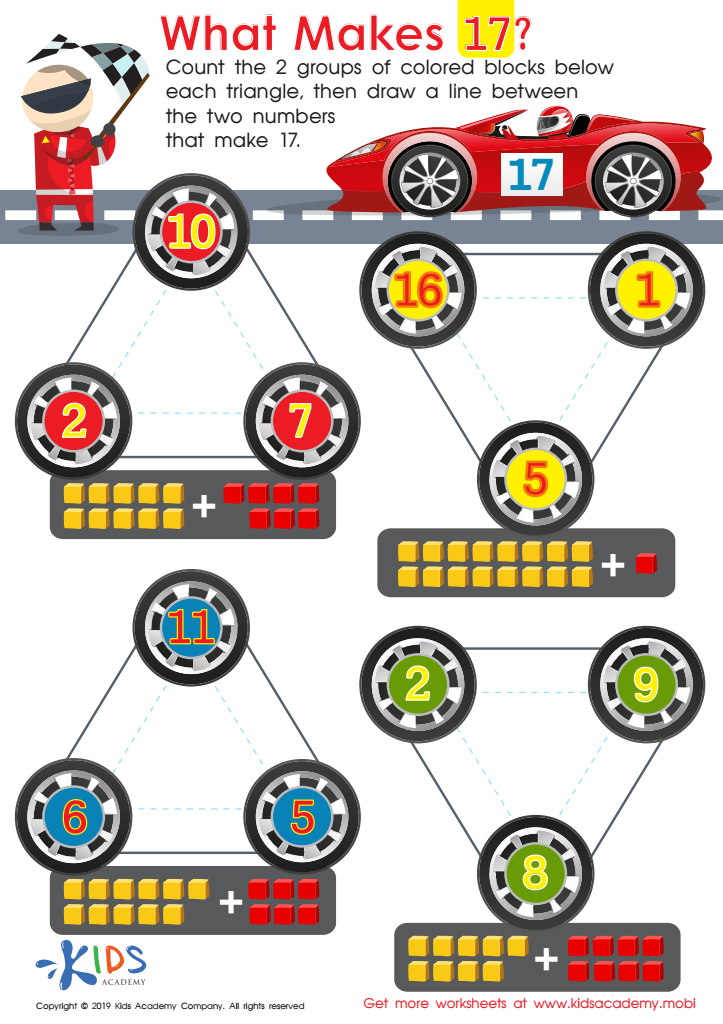

What Makes 17 Worksheet
Mathematical thinking in children aged 5-7 serves as a vital foundation for their future academic success and everyday problem-solving capabilities. At this impressionable age, fostering an understanding of basic math concepts not only equips children with numeric knowledge but also enhances their abilities to think critically and reason logically. Math for young learners involves more than just counting and simple operations; it includes recognizing patterns, spatial awareness, and understanding relationships between numbers—all crucial building blocks for more complex mathematical concepts later on.
For parents and teachers, focusing on mathematical thinking aids in the development of a child's cognitive abilities. Engaging young minds with math activities can improve their memory, concentration, and ability to follow multi-step instructions. Furthermore, early math skills are strongly linked to future academic performance, not just in mathematics but across other subjects like science and reading. By introducing math in a fun, interactive, and supportive manner, adults can help children develop a positive attitude toward the subject, reducing anxiety and building confidence.
Additionally, early exposure to math aids in everyday life. Simple tasks, such as telling time, understanding days of the week, and managing pocket money, become easier, giving children a sense of independence and competence. Therefore, focusing on mathematical thinking for young children equips them with lifelong skills essential for academics and daily life.
 Assign to My Students
Assign to My Students

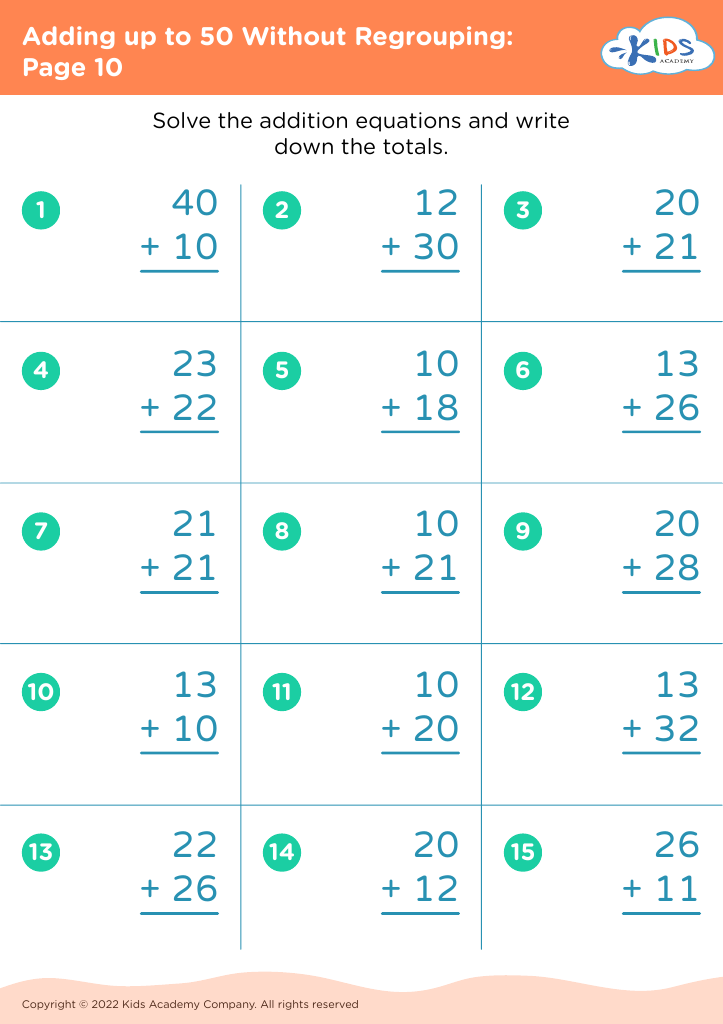
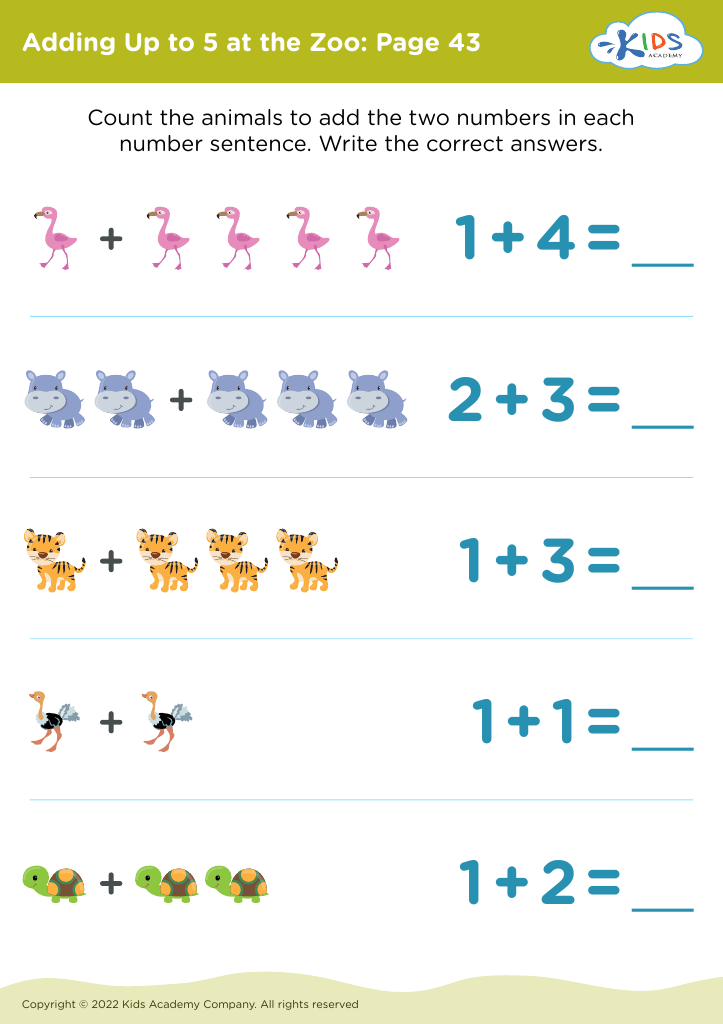




.jpg)




